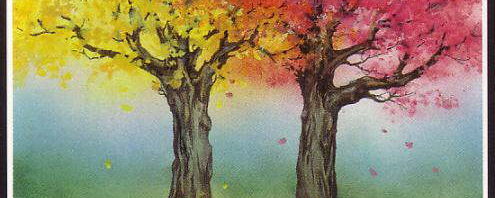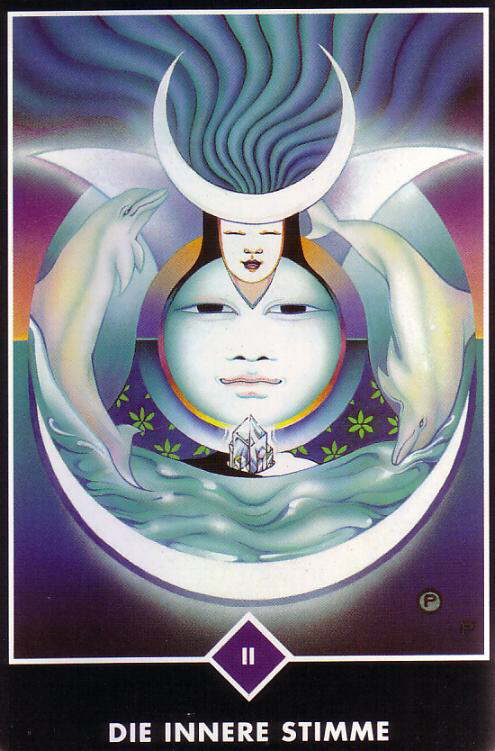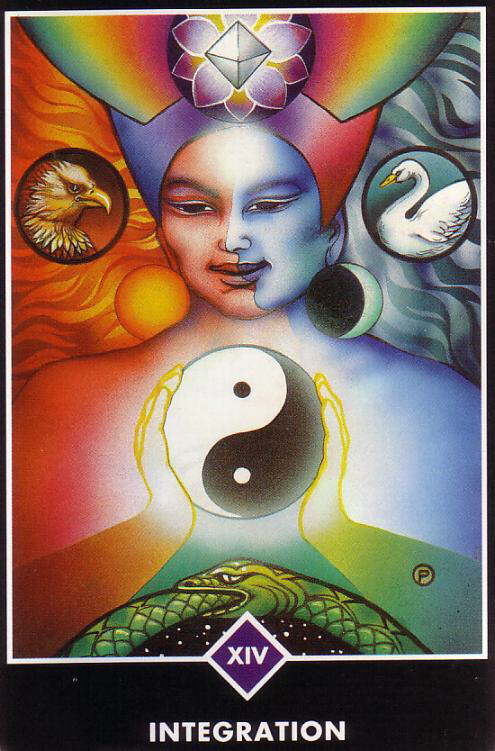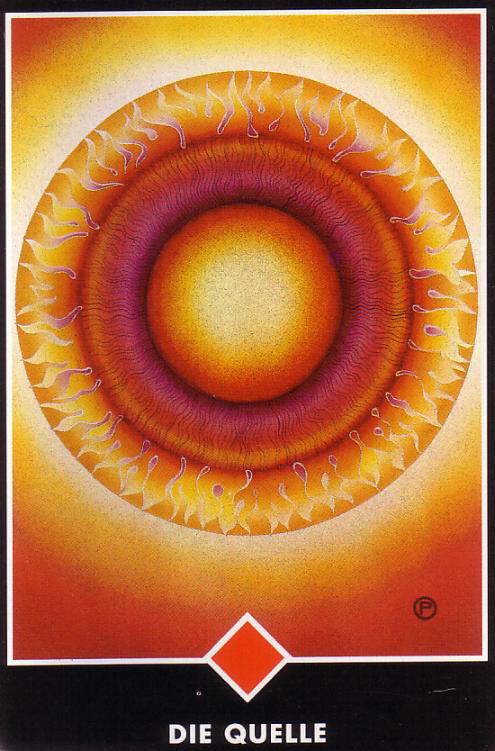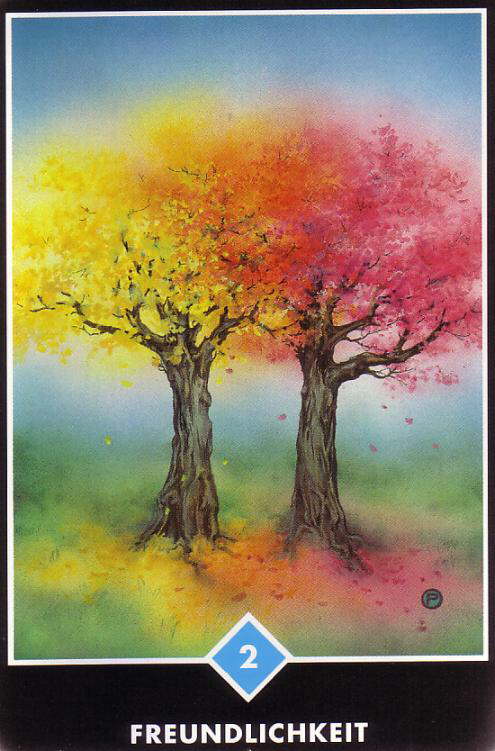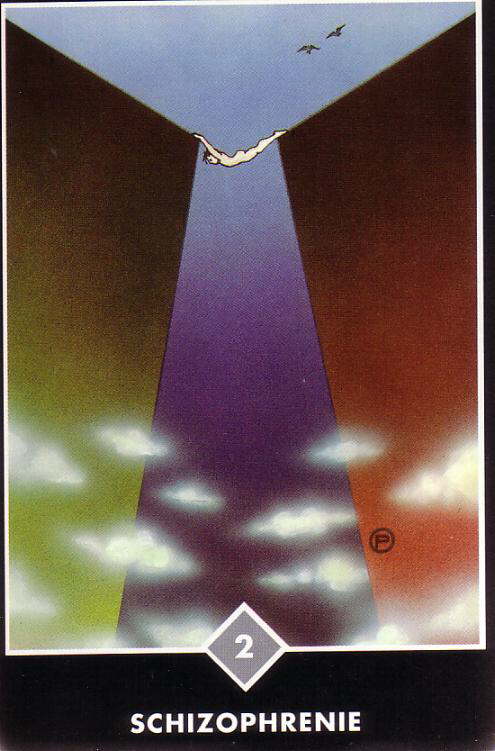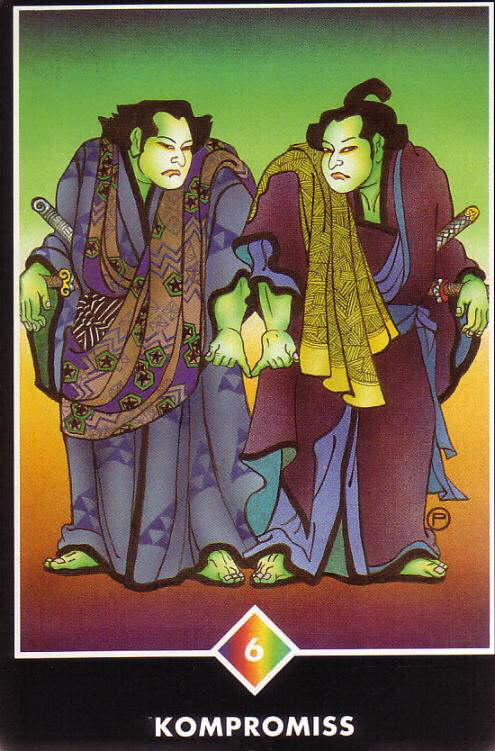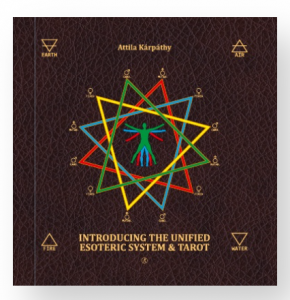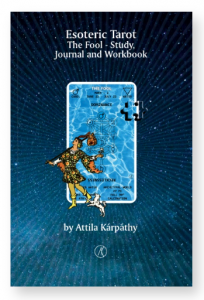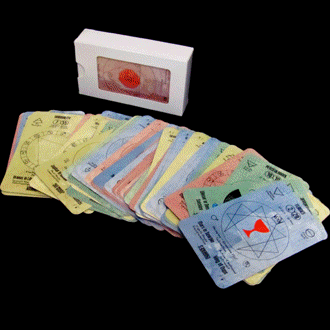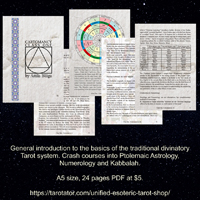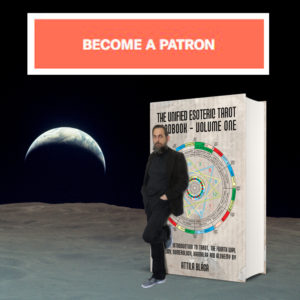Osho (11 December 1931 – 19 January 1990), born Chandra Mohan Jain, and also known as Acharya Rajneesh from the 1960s onwards, as Bhagwan Shree Rajneesh About, during the 1970s and 1980s and as Osho from 1989, was an Indian mystic, guru, and spiritual teacher who garnered an international following.
A professor of philosophy, he travelled throughout India in the 1960s as a public speaker. His outspoken criticism of socialism, Mahatma Gandhi and institutionalised religions made him controversial. He also advocated a more open attitude towards sexuality: a stance that earned him the sobriquet “sex guru” in the Indian and later international press.
In 1970, Osho settled for a while in Bombay. He began initiating disciples (known as neo-sannyasins) and took on the role of a spiritual teacher. In his discourses, he reinterpreted writings of religious traditions, mystics, and philosophers from around the world. Moving to Poona in 1974, he established an ashram that attracted increasing numbers of Westerners. The ashram offered therapies derived from the Human Potential Movement to its Western audience and made news in India and abroad, chiefly because of its permissive climate and Osho’s provocative lectures.
In 1981, Osho relocated to the United States and his followers established an intentional community, later known as Rajneeshpuram, in the state of Oregon. Within a year, the leadership of the commune became embroiled in a conflict with local residents, primarily over land use, which was marked by hostility on both sides. The large collection of Rolls-Royce cars purchased for his use by his followers also attracted notoriety. The Oregon commune collapsed in 1985 when Osho revealed that the commune leadership had committed a number of serious crimes, including a bioterror attack (food contamination) on the citizens of The Dalles. He was arrested shortly afterwards and charged with immigration violations. Osho was deported from the United States in accordance with a plea bargain. Twenty-one countries denied him entry, causing Osho to travel the world before returning to Poona, where he died in 1990. His ashram is today known as the Osho International Meditation Resort. His syncretic teachings emphasise the importance of meditation, awareness, love, celebration, courage, creativity and humour—qualities that he viewed as being suppressed by adherence to static belief systems, religious tradition and socialisation. Osho’s teachings have had a notable impact on Western New Age thought, and their popularity has increased markedly since his death.
Based on the transcendental game of Zen, the Osho Zen Tarot is a non-traditional deck of 79 cards. It was created after the death of Osho by his disciples. The four suits are fire, clouds, water, and rainbows. The cards span the range of human experience, from the stunningly beautiful to the ridiculous and mundane.
Name: Osho-Zen Tarot
Creators: Ma Deva Padma, Osho
Publisher: St Martins Press 1995
Deck Type: Tarot Deck
Cards: 79
Major Arcana: 23
Minor Arcana: 56
Deck Tradition: Mixed
Minor Arcana Style: Unique Scenes Without Suit Symbols
Suits: Water, Swords, Clouds, Rainbows
Court Cards: Page, Knight, Queen, King
Major Titles: The Fool, Existence, Inner Voice, Creativity, The Rebel, No-Thingness, The Lovers, Awareness, Courage, Aloneness, Change, Breakthrough, New Vision, Transformation, Integration, Conditioning, Thunderbolt, Silence, Past Lives, Innocene, Beyond Illusion, Completion
The Fool is 0
Strength is 8
Justice is 11

